
As the Apple iPad (and competing devices) gains popularity among healthcare professionals, are psychiatrists using it and if so, why?

As the Apple iPad (and competing devices) gains popularity among healthcare professionals, are psychiatrists using it and if so, why?
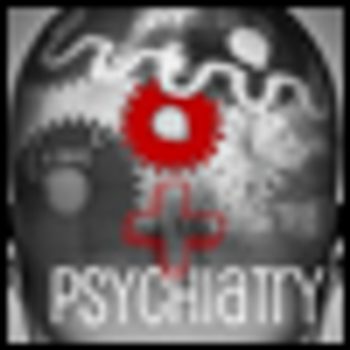
Two perspectives regarding the American Board of Psychiatry and Neurology’s (ABPN) Maintenance of Certification (MOC) program.

Gene therapy (sometimes called gene replacement therapy) attempts to ameliorate genetic-based disorders by introducing corrected genes into affected patients.

When it comes to analgesics, many options and various factors must be weighed to make the best choice for each patient.
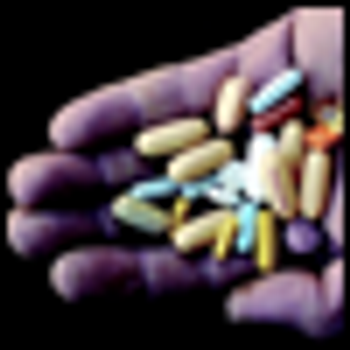
Depression and alcoholism treatment requires the proper use of medication and psychosocial interventions, as well as a solid doctor-patient relationship and a commitment to treat both disorders.

Advances in the fields of neuropsychological assessment and neuroimaging have enormously expanded our knowledge about the profile and severity of cognitive deficits in patients with substance use disorders.

In our survey, we found videophones a surprisingly understudied and underutilized tool in spite of the fact that they are easy to use and do not require any technical support.

Nonadherence to treatment by patients represents one of the most prevalent and important challenges to the practice of psychiatry.

The COMBINE study was only one trial designed by academics to maximize internal scientific validity. It excluded individuals with other significant psychiatric and medical illnesses (more often the rule than the exception in some clinical settings)-individuals deemed too severely ill or who needed hospitalization.

Given Dr Liberman’s remarkable productivity and his amazing capacity to keep his finger on the pulse of the field, I expect to find practical guidance in such circumstances in the next edition of Recovery From Disability.

More details on the APA Assembly meeting in Washington discussing Desmond Tutu being designated as convocation speaker for the American Psychiatric Association’s recent annual meeting.
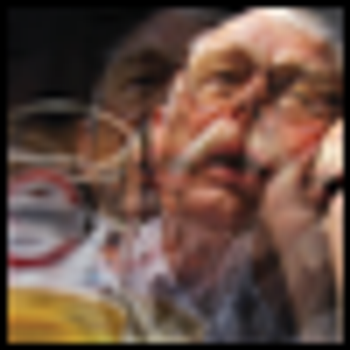
In this Special Report, Helen M. Pettinati, PhD, and William D. Dundon, PhD, discuss prevalence, assessment, clinical features, and treatment issues with respect to individuals with co-occurring major depression and alcohol dependence.

John Ioannidis, MD, of Stanford University has published a paper with wide implications for medicine and also for psychiatry. He finds that many influential studies have made exaggerated claims purporting to find connections between biomarkers and medical illness.

I just received a very important email from Dr Dayle Jones who chairs the DSM-5 Task Force of the American Counseling Association (ACA). The ACA has provided a much needed wake-up call for the American Psychiatric Association.
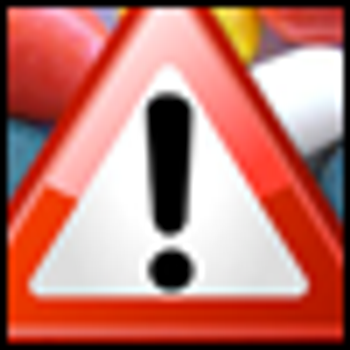
A charismatic psychiatrist, Patrick McGorry has recently gained heroic status. First he was chosen to be Australia's Man Of The Year. Now, he has convinced the Australian government to spend more than $400 million over 5 years to fund his plan for a nationwide system of Early Psychosis Prevention and Intervention Centres.

The goal of the survey was to go beyond ethical lessons, useful as these may be, and to learn how Psychiatric Times’ readers-who are on the front line of psychiatric practice-handle a series of hypothetical ethical scenarios.

Long ago, when I became a doctor . . .I heard the sounds of pheasants drumming . . .in our chests, studied our eggs, our courtship

A symposium at the Italian Embassy in Washington, DC, drew upon the growing interest in exploring and utilizing all the elements of national power, including so-called “soft power”-the ability to attract and persuade others in order to influence their behavior and obtain desired outcomes.
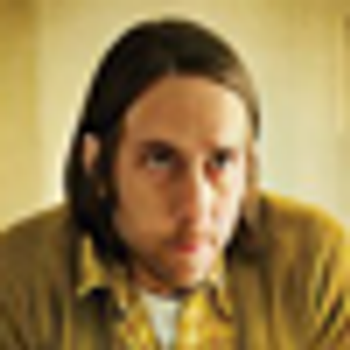
In this short film directed by Caskey, Ben has to make a difficult choice: continue to live with hallucinations, or confront reality, by taking medications that will destroy his imaginary world.

Had the National Rifle Association (NRA) had its way and Bill 432 had been voted into law in Florida, physicians in that state would have been prohibited from asking their patients whether they have access to firearms.
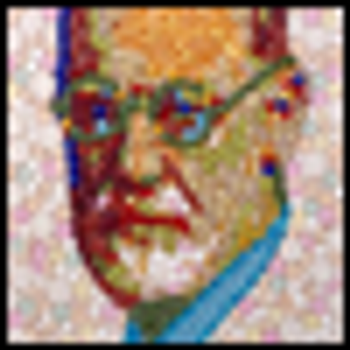
It is still possible for a psychiatrist to have a successful and very gratifying practice that provides psychotherapy (along with medication to those who need both)-even “in a managed care environment.”

How accurate is this picture, and what explains the changing patterns of psychiatric practice? Gardiner Harris and The New York Times were near these important stories and missed them.

The challenge to learn enough relevant information about a patient in brief medication (and evaluative) sessions still exists. And there is also the challenge of picking a medication that will be acceptable and valued-both from a symbolic and biological standpoint.

We will have many medications in the future, he prophesied; that will not be a problem. Our challenge will be in teaching doctors how to use them, “otherwise it would be like giving a driver’s license to someone who can’t drive.”

The usual response is that the new requirements are too "confusing." Here, Dr Knoll offers his suggestions and advice?

On behalf of the Black Psychiatrists of America, we are writing to the American Psychiatric Association regarding the recent “issues” that have been raised by some members of your association with respect to Archbishop Tutu being this year’s convocation speaker at your annual meeting in Hawaii in May.

Physicians are required to fill the compartment of their neuro-crania with much in the way of thought content. Many years later, they may find the surplus of that content resurfacing.

If you’ve ever wondered what psychoanalytic treatments are like, The King’s Speech provides an unusually good cinematic representation of a psychoanalytic therapy.

Tell us about career, your experience, and your desire to help your patients. Help us help you do your job.

Nada Stotland, MD, MPH briefly considers the psychological effects of abortion.